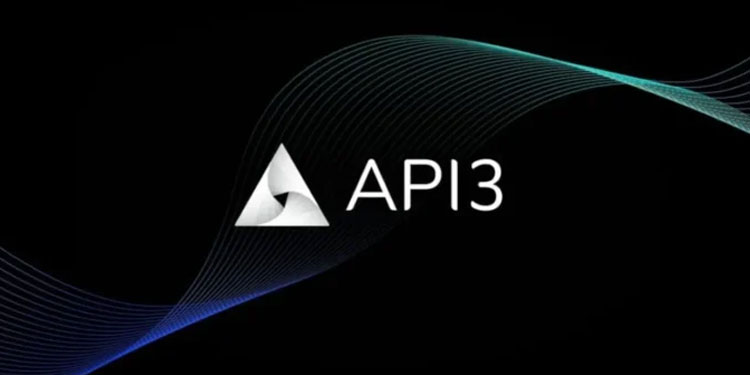
DAOs like the API3 Foundation are spearheading a shift away from third-party oracle systems, which are less secure, less efficient, and less compliant with regulations, to first-party oracle systems. API3’s Decentralized APIs (dAPIs) are decentralized and blockchain-native data streams with measurable safety, backed by Airnode first-party oracles.
This “true” random number generator for smart contracts is powered by quantum mechanics, making it a superior offering when likened to other mathematical “pseudo” random number generators currently available. Sports and contests, lotteries, statistical tests, and civil service recruitment are only a few examples of businesses where randomness holds a significant part in the processes. Random number generation must be safe and unalterable in order to take advantage of Web3 ecosystems, either by moving processes to the blockchain or developing new products.
API3 QRNG utilizes random numbers produced by assessing a changeable quantum system that will ensure unforeseeable randomness, while several decentralized applications (dApps) presently depend on pseudo-random computer algorithms for random number generation, or validated (pseudo) random functions that often necessitate “premium” charges and yet still face the threat of generating knowable information. There are no intermediaries between data sources and consumers in the API3 first-party oracle platform, making API3 QRNG naturally resistant to intermediary attacks and collusion.
Syed Assad, the researcher at ANU, said “The laws of quantum physics guarantee that certain measurement outcomes must be random. This allows us to generate a fast stream of unbiased random numbers that cannot be predicted beforehand. We’re delighted to work with API3 to make quantum numbers accessible by dApps in the Web3 ecosystem.”
Since it is accessible on 13 different blockchains, API3 QRNG has a far wider reach than other major rivals, such as Polygon, Avalanche, and Fantom. API3 QRNG is also compatible with Metis, Moonbeam, and RSK. Participants of API3 QRNG will be able to use the service for free in order to make it more accessible to all blockchain developers and enterprises. There are no extra expenses for number creation for consumers, and they just pay the gas prices necessary to contact the API and obtain a reply.
Numerous Web3 activities, both existing and prospective, will be adversely affected by this low-cost, high-security alternative:
Play-to-win and community development games powered by blockchain significantly depend on random number generation to make operations unexpected and engaging for participants. Dependable and cheap random number generation is critical to the success of multiplayer games that need to generate random occurrences or unexpected scenarios to boost complexity. In gambling, participants only participate if they know that the creators are using an unalterable generator to ensure that the chances are always fair.
It is possible to build generative NFTs in an aesthetic fashion, allowing for dynamic digital asset creation via the intrinsically unexpected quantum approach, as opposed to the contrived aspect of computer algorithms. Using a free random number generator is a time-saving and creatively liberating option for individuals with a large number of collections to manage.
Web3 apps involving public engagement, including random token distribution or drawing winners, may use a random number generator to assure a really impartial assignment procedure of high-demand products without prejudice, as shown by this example.
Heikki Vänttinen, the co-founder of API3, said “API3 has as one of its goals the acceleration of Web3 innovation. In addition to founding the biggest decentralized API provider organization, we’ve also introduced the first real random number generator, which uses the gold standard of quantum random number formation, to blockchain apps today.”
